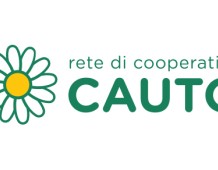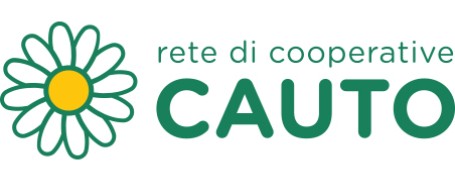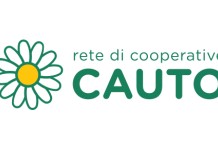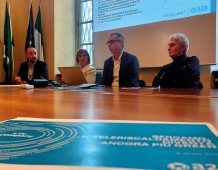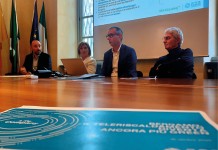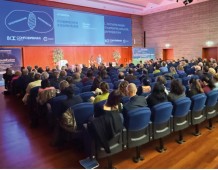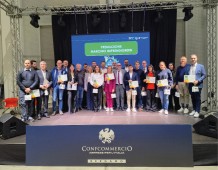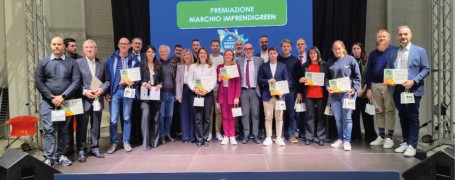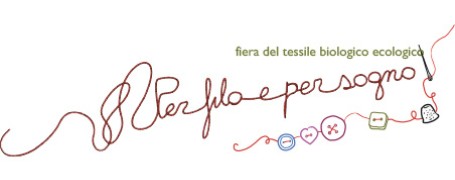Dopo Cowspiracy, arriva su Netflix il film che denuncia le barbarie del mercato ittico
A più di cinque anni dall’uscita di Cowspiracy, documentario shock che denunciava l’impatto dell’allevamento animale e della sua filiera, il dibattito sull’alimentazione sostenibile si è riacceso nel marzo di quest’anno, quando Netflix ha lanciato Seaspiracy, che traccia un quadro inquietante dell’industria della pesca.
Figli degli stessi produttori, entrambi i film hanno suscitato non poche polemiche, non soltanto per via dello stile inquisitorio con cui sono condotte le indagini, ma soprattutto per la tesi che essi avvalorano, presentata come l’unica possibile: il veganesimo. Comunque la si pensi al riguardo, se l’intento dei registi, Kip Andersen prima e Ali Tabrizi poi, era quello di provocare una discussione, lo scopo è stato senza dubbio raggiunto (di nuovo).
Seaspiracy si apre evocando il problema delle microplastiche in mare, per scoprire che la più grande causa dell’inquinamento dei mari è l’industria ittica.
A partire da qui le indagini del regista portano a galla problemi più o meno noti, dalla caccia alle balene in Giappone, all'inutile massacro causato dalla pesca accidentale; come in Cowspiracy, inoltre, si scoprono evidenti conflitti di interesse tra le multinazionali dell’industria ittica e le associazioni che dovrebbero garantirne la sostenibilità.
Tra le rivelazioni più scioccanti del film, il sistema mafioso che si cela dietro la pesca intensiva, basato in molte parti del mondo sulla schiavitù umana: pescatori costretti sui pescherecci per anni, minacciati e maltrattati, e chi si ribella finisce in mare.
Pur avendo riscosso un grande successo di pubblico, sono stati in molti a criticare Seaspiracy, soprattutto per l’assenza di un reale contraddittorio, che renderebbe il quadro finale estremamente parziale.
Da riconoscergli, comunque, il grande merito di aver portato sugli schermi anche dei meno informati un problema forse meno noto, ma di grande importanza per tutti.
Laura Spataro
English version
Seaspiracy, the shocking documentary on the fishing industry
After Cowspiracy, the film that exposes the barbarity of the fish market is coming to Netflix
More than five years after the release of Cowspiracy, a shocking documentary that exposed the impact of animal agriculture and its supply chain, the debate over sustainable nutrition rekindled in March this year when Netflix launched Seaspiracy, which paints a disturbing image of the fishing industry.
Spawned by the same producers, both films have aroused quite a bit of controversy, not only because of the inquisitorial style with which the investigations are conducted, but moreover due to the thesis they support, presented as the only one possible: veganism.
Regardless of how you feel about it, if the aim of the directors, Kip Andersen first and Ali Tabrizi afterwards, was to ignite debate, the objective was undoubtedly achieved (again).
Seaspiracy opens by bringing up the problem of microplastic debris in the sea, to then reveal that the largest cause of sea pollution is the fishing industry. From here the director's investigations bring to light more or less known problems, from whaling in Japan, to the unnecessary slaughter caused by accidental fishing; as with Cowspiracy, clear conflicts of interest are exposed between multinationals in the fishing industry and associations that should ensure sustainability.
Some of the film's most shocking revelations include the mafia system behind intensive fishing, relying on human slavery in many parts of the world: fishermen trapped on fishing boats for years, threatened and mistreated, and those who rebel end up in the sea.
Despite its enormous success with the public, many have criticized Seaspiracy, in particular for the lack of a real contradictory opinion, which makes the final picture extremely partial. However, the great merit of having brought to the screens of those less informed a problem that is little known yet of great importance for everyone must be acknowledged.




